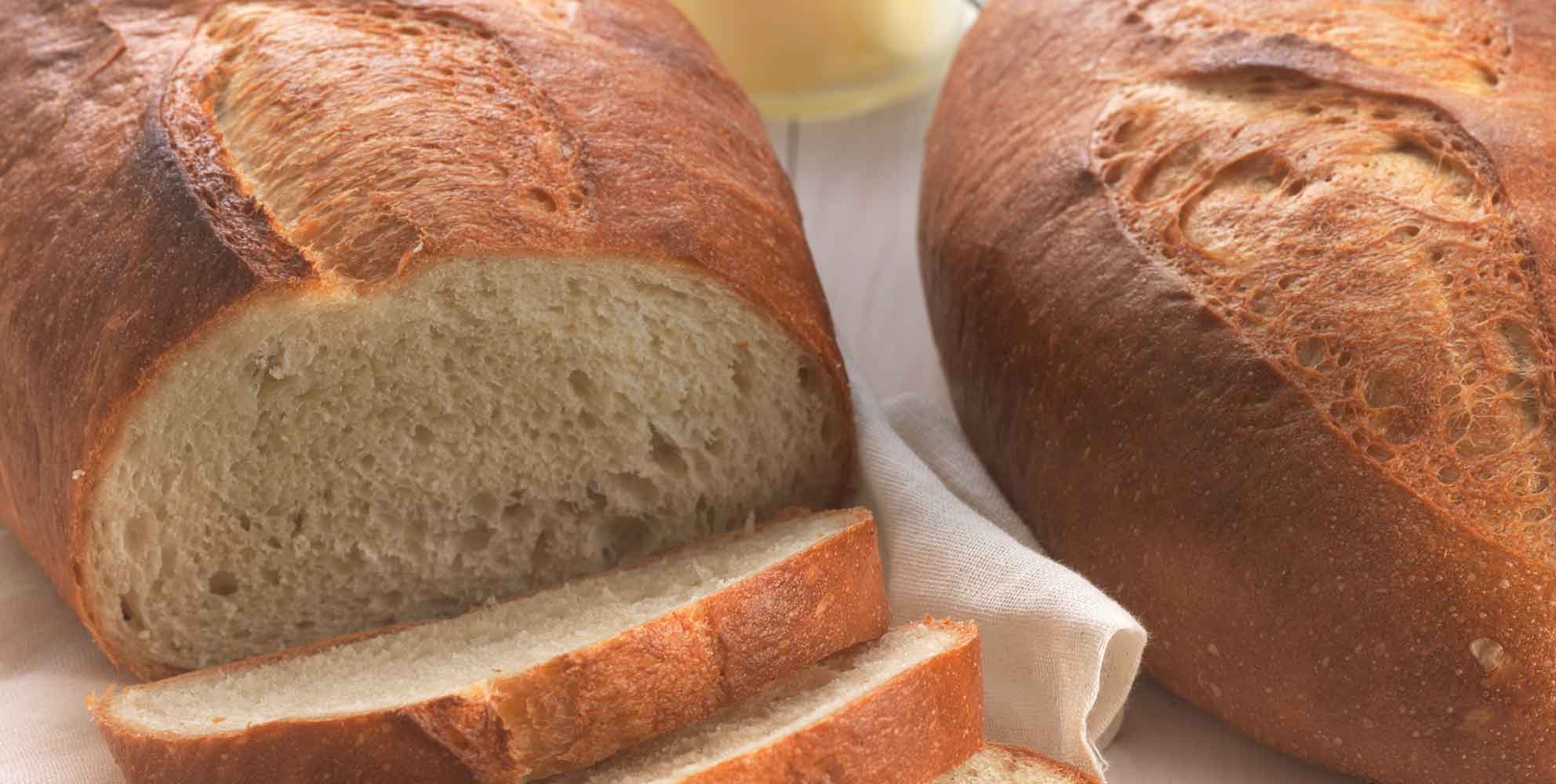FIIRO, Bread makers Advocate Alternatives To Wheat
The Federal Institute of Industrial Research, Oshodi, and the Premium Bread makers Association of Nigeria have stated the need to integrate affordable, locally sourced alternatives into the bread value chain, especially with cassava as a front-runner.
This was the focus of the 2024 PBAN Members’ Day-Out in Lagos recently.
FIIRO’s Director-General, Dr Jummai Tutuwa, represented by Deputy Director, Dr Adetokunbo Osibanjo, said the institute has developed composite flour innovations combining cassava, sweet potatoes, and other local grains like sorghum and millet with wheat to reduce production costs and reliance on imported ingredients.
“Nigeria is the largest cassava producer globally, giving us a clear advantage,” said Osibanjo. “We’ve shown that cassava flour is viable, but implementation requires the willingness of bakers and support from stakeholders.”
Osibanjo traced FIIRO’s cassava bread innovation to the 1990s but lamented the slow uptake.
“FIIRO is not an enforcing agency. Ours is to do these investigations and make the results available, to let people know this is possible, this is doable.
“You cannot force human beings; they have to make their own choices and their preferences.
“If Nigerians had embraced cassava bread earlier, we’d have overcome many of today’s challenges,” she added.
PBAN President Emmanuel Onuorah highlighted the urgency of reducing bread production costs in the face of economic strain.
“We’re exploring local ingredients like cassava and orange-fleshed sweet potatoes,” he said. “However, the challenge is availability in commercial quantities and suitable forms. For instance, we need these ingredients in dry forms, not wet, to avoid extra storage costs.”
Onuorah called on FIIRO to ensure alternative materials are readily available and cost-effective.
“Our members are ready to innovate, but the government and research bodies must provide the necessary infrastructure and policies,” he asserted.
Meanwhile, the Public and Industrial Agent Officer of PBAN, Babalola Thomas, stressed the importance of collaboration and long-term policy implementation, lamenting how 42 years since Nigeria’s first cassava bread, the country is still talking about feasibility.
“It’s time for deliberate and consistent action to harness our competitive advantage,” he stated.
Thomas who is the Managing Director and the Chief Executive Officer of T-Bakes Bakery, added, “It might interest you to know, and a lot of us are learning it for the first time here, that the first cassava bread that was produced in Nigeria, 1982, 42 years to date, what does it tell us? It tells us that something is wrong with us as a nation, professionals, businesses, and government.
“Forty-two years is enough in the life of a nation to have mastered the art of milling both cassava and wheat flour. And you see, by now, discussions should have been far above and far higher than what we’re discussing.”
Breadmakers also urged FIIRO to strengthen its collaboration with the private sector.
Chairman of the PBAN Members’ Day-Out planning committee, Adebowale Adebiyi, urged: “FIIRO must synergise with milling industries to bring down raw material costs and make research findings accessible to investors and stakeholders.”
A highlight of the stakeholders’ meeting was a panel discussion on the theme, ‘Innovations in a Dynamic Bread Making Industry: Using Local and Affordable Alternative Ingredients explored ways to cut costs and improve productivity.’
Panellists urged bakers to adopt scientific approaches, optimise production through automation, and focus on sustainable practices.
The panellists included the Vice President of Commercial, Crown Flour Mill Ltd, Bolaji Anifowoshe; the Managing Director of Afost Integrated Company (Sole representative of ATS Bakery Equipment Turkey), Pearse Dorcas; and the Managing Director of Edcel Limited, Cletus Chibuko.
The Managing Director of Elevensixteen Limited (Breadworth Bakery), Adijat Olaniyi-Olopade moderated the panel discussions.
Panelists at the event advised stakeholders to pace themselves as wheat is not grown in Nigeria and we do not have a lot of alternatives.
They urged breadmakers to approach breadmaking as a science with the procedure and not as an all-comers affair
They advised bakers to apply basic bakery maintenance requirements, including testing PH levels of water, measurements of water used in flours, and using extraction fans to cool freshly baked bread instead of opening windows for draught.





